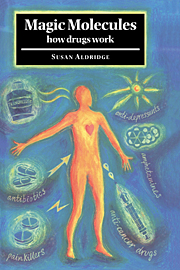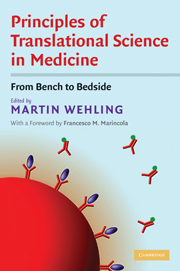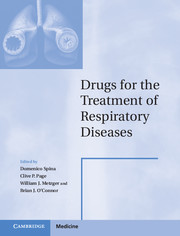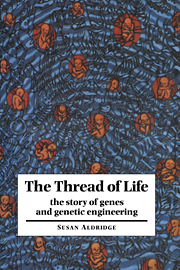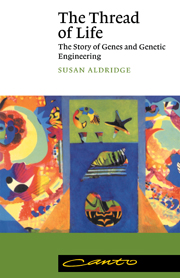Magic Molecules
All of us are drug users, in the broadest sense of the word. Drugs can be medicines, they can be used for pleasure, and they can also be used to protect our long-term health. It is important that we are well informed about the drugs we use - how they work, their benefits and their risks. This book is a unique guide for the general science reader to the drugs of everyday life - from the main types of medicine through to recreational drugs and food supplements. It looks at how drugs interact with their targets in the body, where they come from, how they are developed and what drugs to expect in the future. All the major pharmaceutical medicines are reviewed - painkillers, antibiotics, anti-cancer drugs, anti depressants, heart drugs, tranquillizers and hormones. However this book is much more than a consumer handbook - it also conveys the fascinating science of drug discovery in an easily accessible way.
- Comprehensive - covers all drugs from penicillin to Prozac, from caffeine to cocaine
- Describes where drugs come from - labs, the rainforest, sea and soil - and where they are headed - towards gene-based medicine
- Describes how the worldwide pharmaceutical industry goes about its business and what it offers in individual and global terms
Reviews & endorsements
"The book is well crafted and written in an accessible style...Highly recommended for general readers; undergraduate and graduate students; and professionals." CHOICE
"This is an important book for health professional and public libraries...This is a subject area that student and practicing pharmacists should know more about, not only for their own enjoyment in learning about the history of drugs, but also to become more aware of their patients' and consumers' beliefs about substances they view as 'magic molecules.'" American Journal of Pharmaceutical Education
Product details
November 2007Paperback
9780521044158
284 pages
235 × 156 × 14 mm
0.41kg
26 b/w illus.
Available
Table of Contents
- List of illustrations
- Acknowledgements
- Introduction
- 1. How drugs work
- 2. From penicillin to Prozac: introducing pharmaceutical drugs
- 3. Fighting infection
- 4. The hormonal revolution
- 5. Cardiovascular drugs: protecting the heart and brain
- 6. The problem of pain
- 7. The cancer challenge
- 8. Drugs for the mind
- 9. Drugs of recreation and addiction
- 10. Natural alternatives: vitamins, minerals and herbs
- 11. In the pipeline: gene-based medicine
- Bibliography
- Index.

